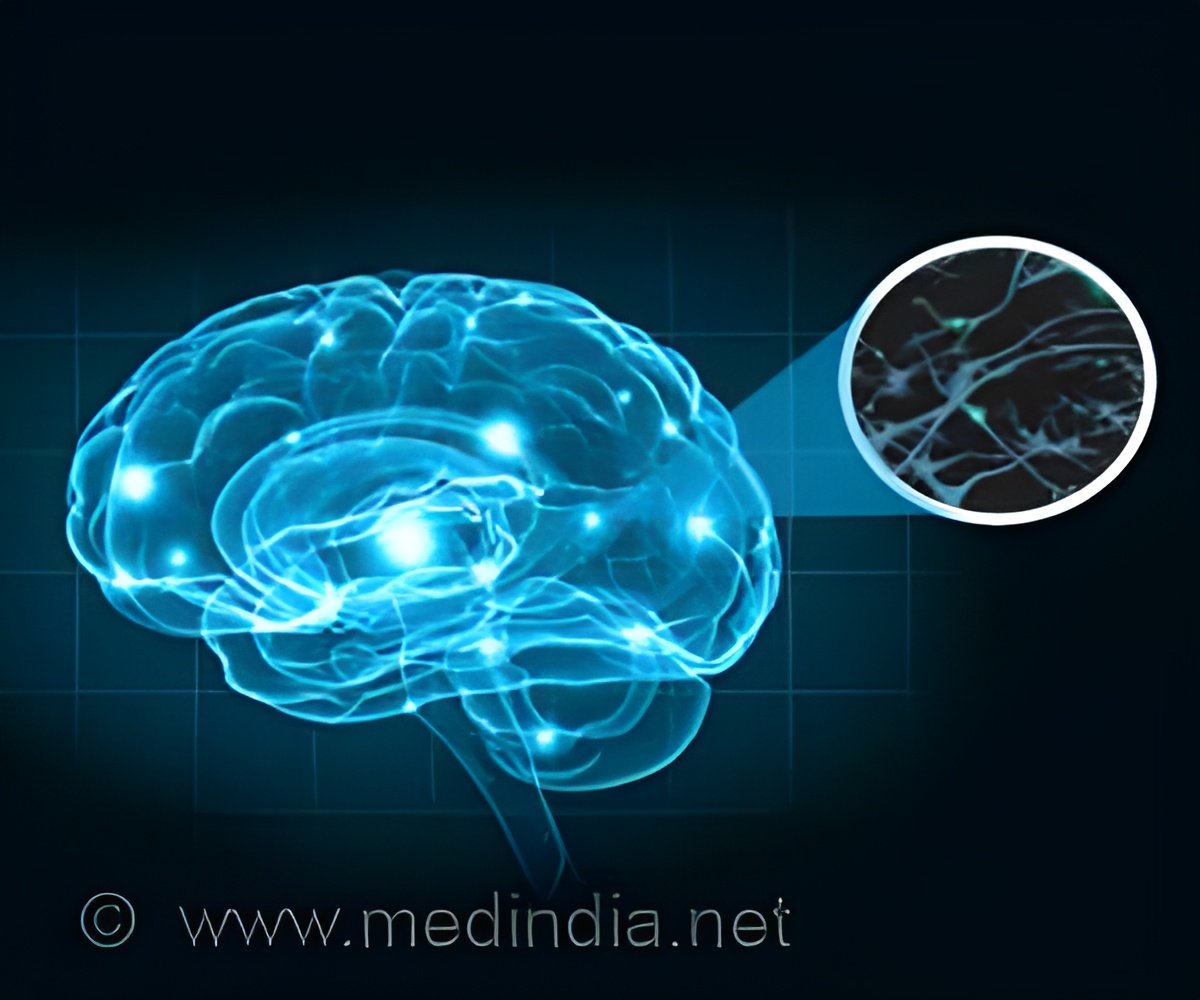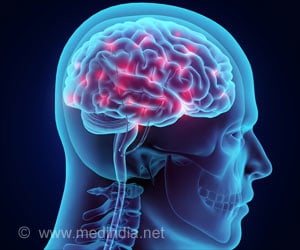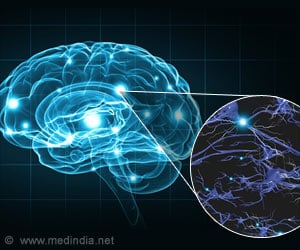While Huntington's Disease is caused by a single gene mutation, the manifestation of the disease at a molecular level is nevertheless highly complex.

‘Huntington's disease has a broad impact on a person's functional abilities and usually results in movement, thinking (cognitive) and psychiatric disorders.’





Scientists around the world are working to find effective therapies for Huntington's disease. While the disease is caused by a single gene mutation, the manifestation of the disease at a molecular level is nevertheless highly complex and involves multiple cellular processes. In research, this complexity has resulted in huge and diverse sets of data which in turn pose considerable challenges to researchers in collating, analysing and cross-referencing varied data sources. An international team of researchers, bioinformaticians and biostatisticians has developed the first freely available data network for scientists researching this debilitating and fatal condition, called HDNetDB. In a paper published in Scientific Reports, the HDNetDB team outlines the challenges facing those investigating Huntington's disease, explains how HDNetDB works and illustrates its effectiveness by discovering potential drug targets, which might help to prevent the neuronal cell death observed in Huntington's disease. A unique feature of this new resource is that it links various cellular processes in a molecular network and provides a more holistic view of the disease.
The team also states that HDNetDB could form the blueprint for similar data networks relating to other specific conditions.
HDNetDB allows users to obtain, visualise and prioritise molecular interaction networks using Huntington's disease-related gene expression and other types of data obtained from human samples and other sources.
Leading the project from the University of Plymouth is Matthias Futschik, Professor in Bioinformatics at the University's School of Biomedical and Healthcare Sciences.
Advertisement
Source-Eurekalert









